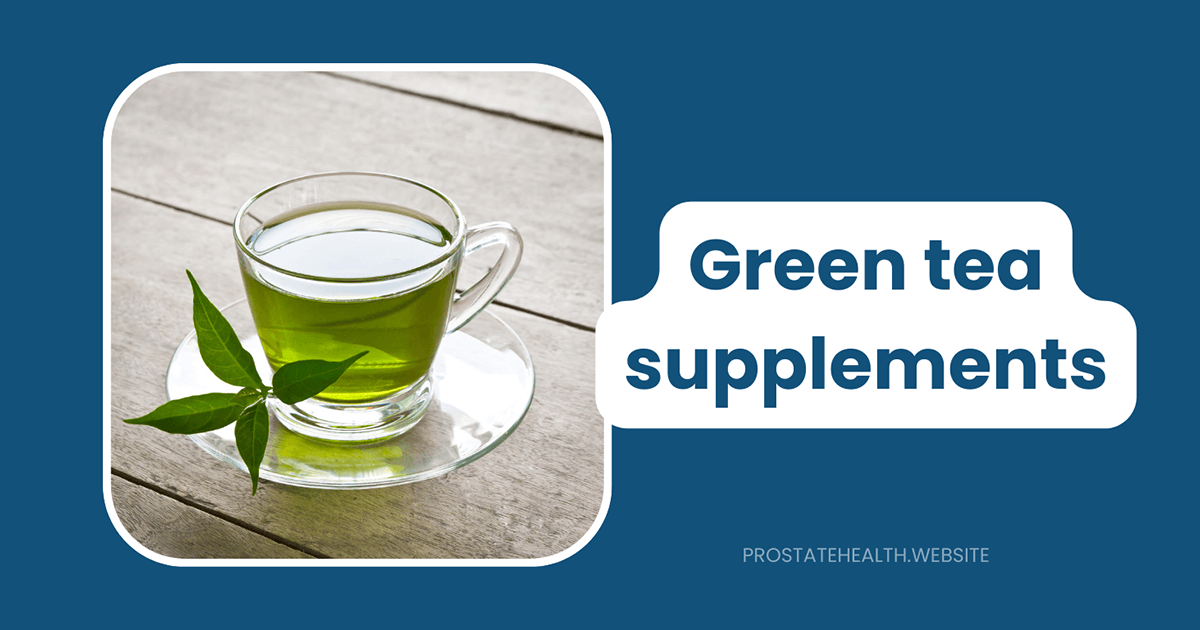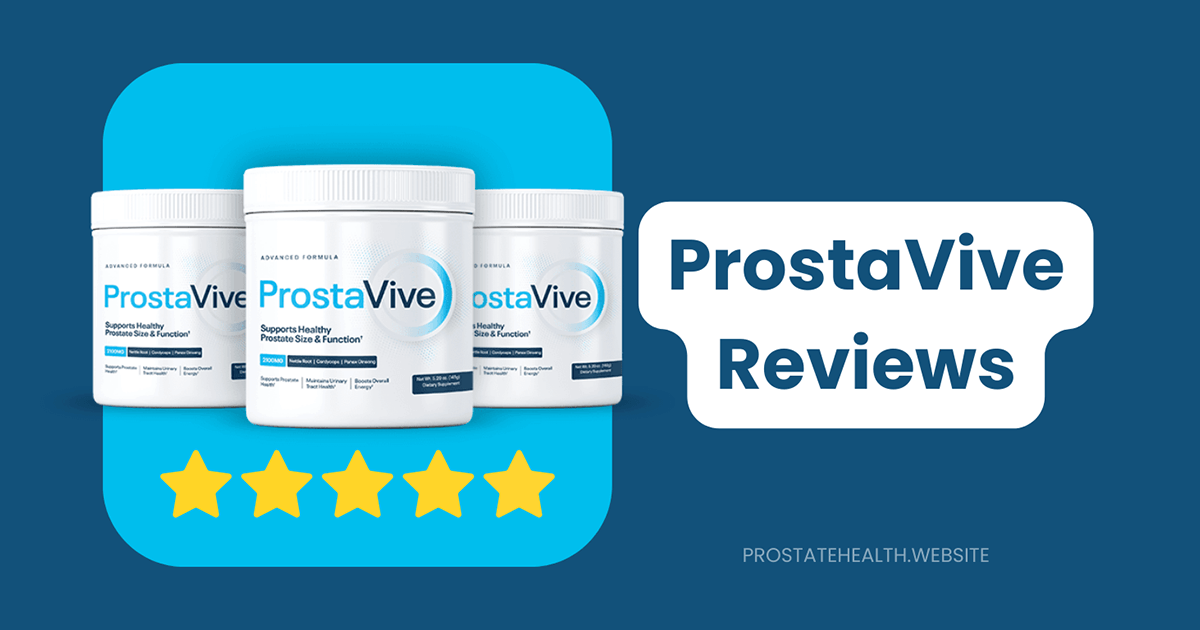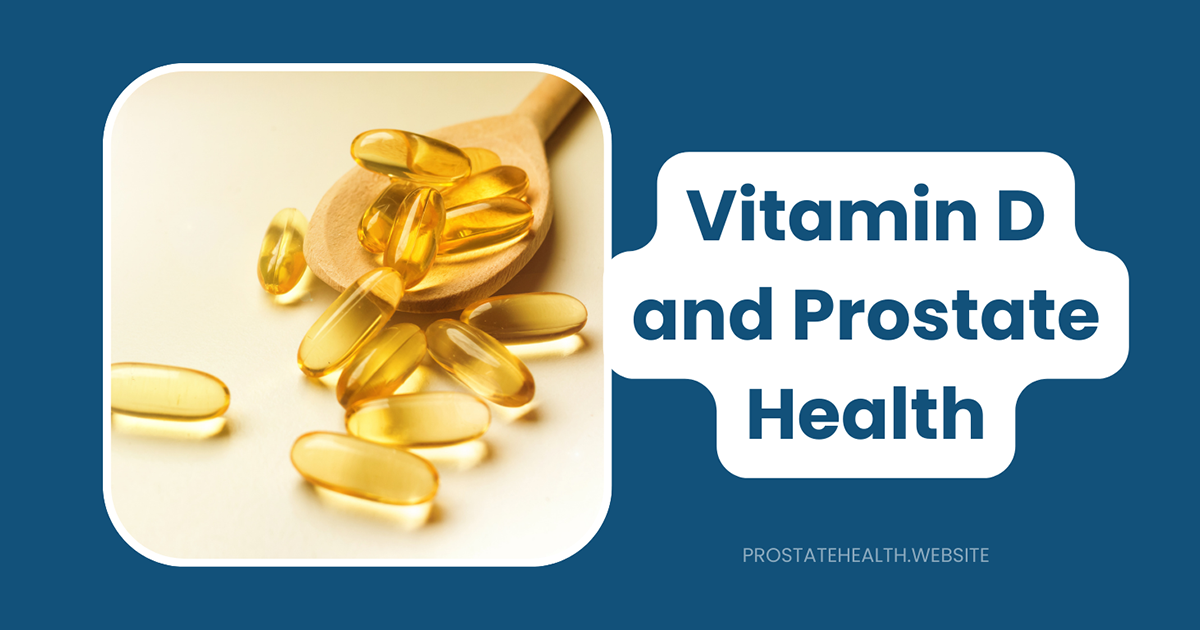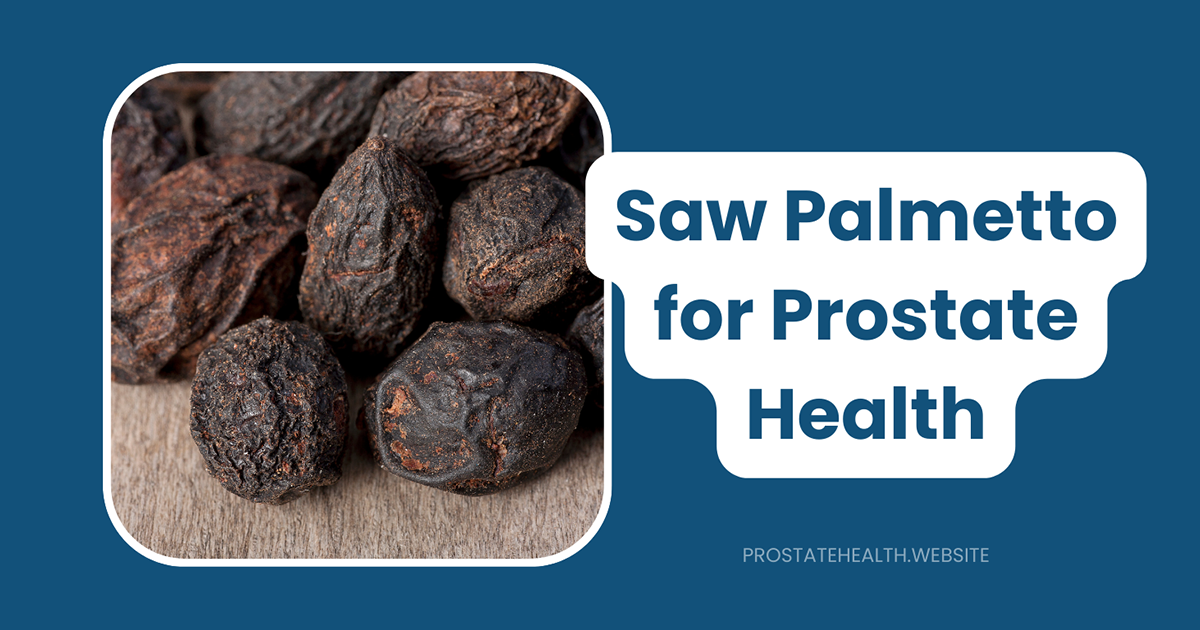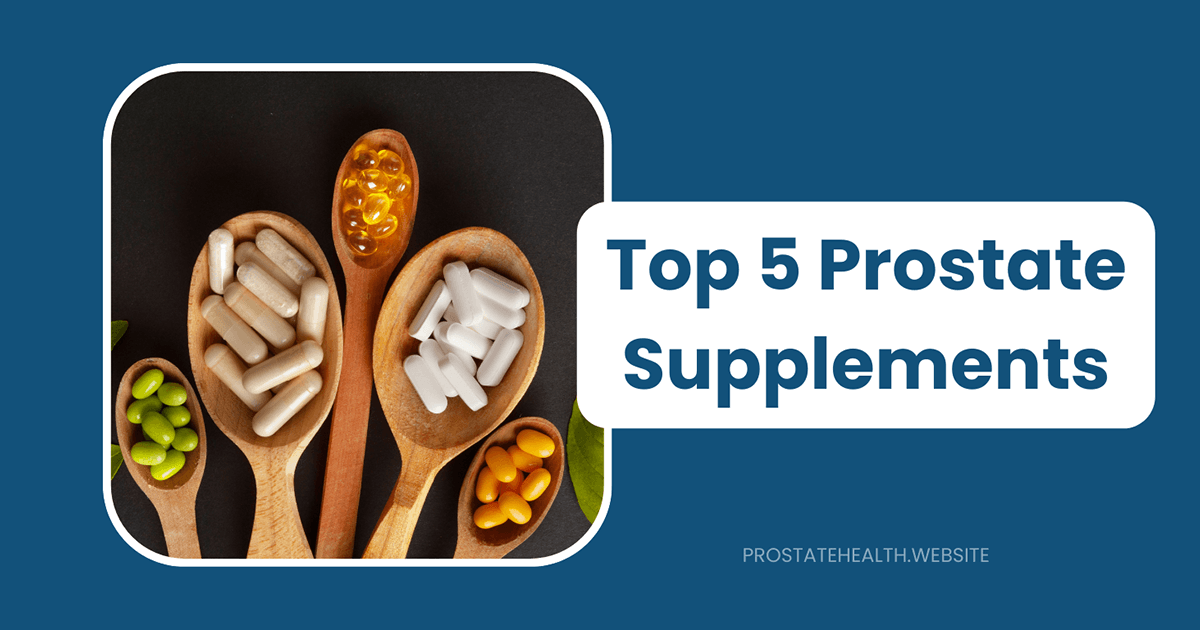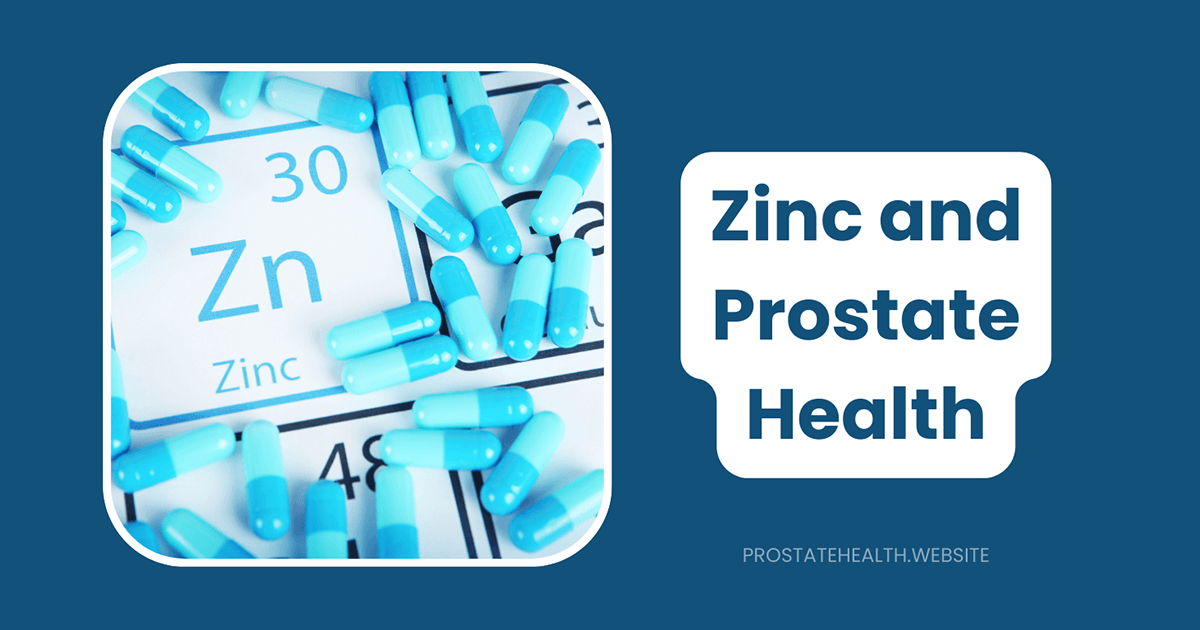Lycopene Supplements vs. Dietary Sources: What Works Better?
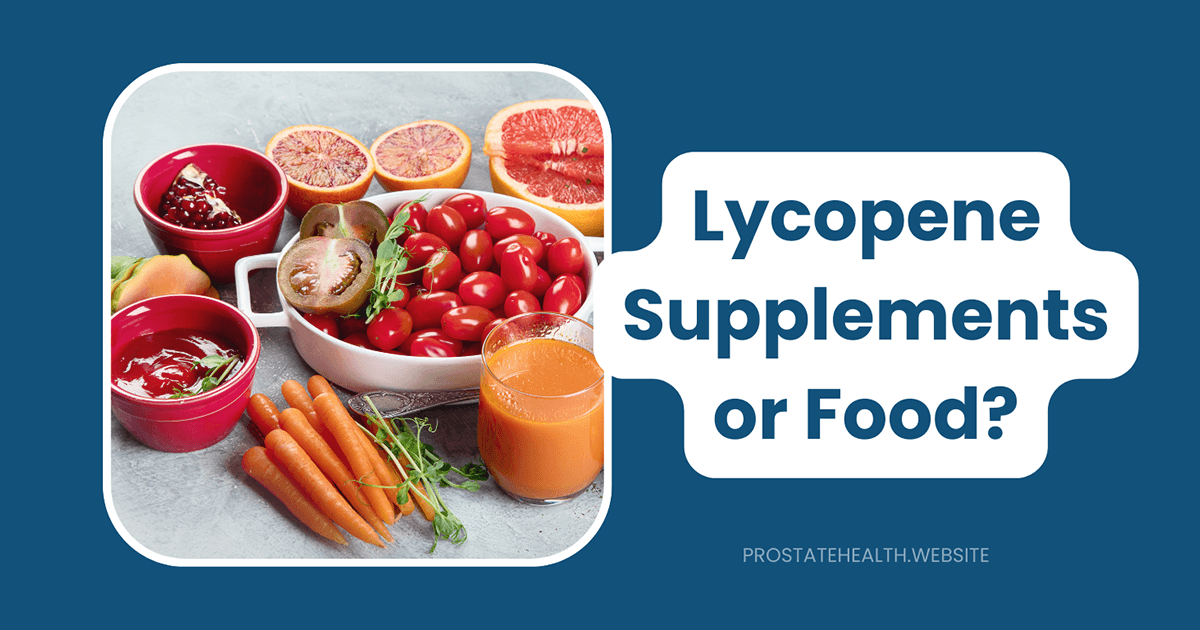
When I was diagnosed with an elevated PSA level at 52, my urologist mentioned something that caught my attention: “You might want to increase your lycopene intake.” Like many men facing potential prostate issues, I immediately began researching this compound and quickly found myself standing in the supplement aisle, staring at bottles of lycopene capsules.
But then I paused. As someone who believes in evidence-based approaches to health, I wanted to know: Would these supplements actually deliver the same benefits as eating lycopene-rich foods? Or would I be better off simply adding more tomato-based products to my diet?
This question—whether lycopene supplements or dietary sources work better for prostate health—is one that many men face. The answer, as I discovered through extensive research and conversations with specialists, is more nuanced than marketing claims might suggest.
In this comprehensive guide, I’ll share what science tells us about lycopene from both supplements and foods, how they differ in absorption and effectiveness, and practical recommendations for men concerned about prostate health.
What Is Lycopene and Why Does It Matter for Prostate Health?
Before diving into the supplement versus food debate, let’s understand what lycopene is and why it’s garnered so much attention for prostate health.
The Basics of Lycopene
Lycopene is a bright red carotenoid pigment found primarily in tomatoes and other red fruits. It belongs to a family of compounds called carotenoids, which are natural antioxidants that give many fruits and vegetables their vibrant colors.
Unlike some other carotenoids like beta-carotene, lycopene cannot be converted to vitamin A in the body. However, it possesses potent antioxidant properties—in fact, it’s considered one of the most effective singlet oxygen quenchers among carotenoids, with antioxidant activity approximately twice that of beta-carotene.
The Prostate Connection
The interest in lycopene for prostate health began in the 1990s when epidemiological studies first noted that men who consumed more tomato products seemed to have lower rates of prostate cancer. Since then, numerous studies have investigated this connection, with many suggesting protective effects.
Several mechanisms have been proposed for how lycopene might benefit prostate health:
- Antioxidant Protection: Lycopene neutralizes free radicals that can damage DNA and cellular structures, potentially preventing cancerous changes.
- Anti-Inflammatory Effects: Chronic inflammation plays a role in prostate enlargement and cancer development. Lycopene appears to reduce inflammatory markers.
- Cell Communication: Lycopene may improve cell-to-cell communication, which helps maintain normal cell growth and division.
- Hormonal Influence: Some research suggests lycopene might influence testosterone metabolism and reduce DHT (dihydrotestosterone), a hormone linked to prostate enlargement.
- Cell Cycle Regulation: Laboratory studies indicate lycopene can help regulate the cell cycle and induce apoptosis (programmed cell death) in abnormal cells.
Dr. Edward Giovannucci, Professor of Nutrition and Epidemiology at Harvard T.H. Chan School of Public Health, explains: “The evidence for lycopene’s role in prostate health comes from multiple sources—epidemiological studies, laboratory research, and some clinical trials. While not conclusive, the collective evidence suggests potential benefits.”
Lycopene in Foods: Natural Sources and Bioavailability
When it comes to dietary sources of lycopene, tomatoes and tomato products reign supreme, providing approximately 80-90% of the lycopene in the typical Western diet.
Top Food Sources of Lycopene
Here are the primary dietary sources of lycopene, ranked by concentration:
| Food | Lycopene Content (mg per 100g) |
| Tomato paste | 30-75 |
| Tomato puree | 16-25 |
| Tomato sauce | 6-20 |
| Tomato juice | 5-12 |
| Watermelon | 4-7 |
| Fresh tomatoes | 3-5 |
| Pink grapefruit | 1-3.5 |
| Papaya | 1-3 |
| Guava | 1-5 |
As you can see, processed tomato products generally contain significantly higher concentrations of lycopene than fresh tomatoes or other fruits.
The Bioavailability Factor: Not All Lycopene Is Created Equal
Here’s where the story gets interesting—and crucial for understanding the supplement versus food debate. The bioavailability of lycopene (how well your body can absorb and utilize it) varies dramatically depending on its source and preparation.
Raw vs. Processed Tomatoes
In raw tomatoes, lycopene exists primarily in a crystalline form, bound within cell walls and fiber structures. This form is poorly absorbed by the human digestive system. Studies indicate that the bioavailability of lycopene from raw tomatoes may be as low as 10-30%.
In contrast, processing tomatoes through cooking, pureeing, or other methods:
- Breaks down cell walls, releasing lycopene
- Converts lycopene from its trans form to the more bioavailable cis form
- Results in 2-3 times greater absorption compared to raw tomatoes
A landmark study published in the American Journal of Clinical Nutrition found that lycopene levels in blood increased 2.5 times more from consuming tomato paste compared to the equivalent amount of lycopene from raw tomatoes.
The Fat Factor
Lycopene is fat-soluble, meaning it requires dietary fat for optimal absorption. This explains why:
- Tomato sauce with olive oil increases lycopene absorption by up to 4 times compared to plain tomato sauce
- Adding avocado to salsa increased lycopene absorption by 4.4 times in one study
- Traditional Mediterranean dishes that combine tomatoes with olive oil maximize lycopene bioavailability
Dr. Steven Clinton, Professor of Internal Medicine at Ohio State University and a leading researcher on lycopene, notes: “The traditional wisdom of Mediterranean cooking—combining tomatoes with olive oil—turns out to be scientifically sound for maximizing lycopene absorption.”
Lycopene Supplements: Types, Absorption, and Effectiveness
With the growing interest in lycopene’s potential health benefits, supplement manufacturers have developed various formulations aimed at delivering concentrated doses of this carotenoid.
Types of Lycopene Supplements
Lycopene supplements generally come in three main forms:
- Synthetic Lycopene: Chemically identical to natural lycopene but produced through chemical synthesis.
- Tomato Extract: Derived from tomatoes through extraction processes, containing primarily lycopene but also small amounts of other tomato compounds.
- Tomato Powder/Concentrate: Made from whole tomatoes that have been dried and concentrated, containing lycopene along with other tomato phytochemicals.
Bioavailability of Supplemental Lycopene
The bioavailability of lycopene from supplements varies based on several factors:
- Formulation Technology: Some supplements use microencapsulation or oil suspensions to enhance absorption.
- Isomer Form: Supplements containing more cis-isomers of lycopene (versus trans-isomers) tend to have better bioavailability.
- Accompanying Compounds: Some formulations include fat or emulsifiers to improve absorption.
A 2023 study published in the Journal of Nutrition compared the bioavailability of lycopene from a specialized supplement formulation called “lactolycopene” with that from tomato paste. The researchers found comparable increases in plasma lycopene levels between the two sources after 8 weeks of supplementation, suggesting that well-formulated supplements can achieve similar bioavailability to processed tomato products.
However, not all supplements are created equal. A 2024 analysis of 15 different lycopene supplements found that the actual lycopene content varied from 23% to 131% of the amount stated on the label, highlighting the importance of choosing products from reputable manufacturers.
The Evidence: Supplements vs. Dietary Sources for Prostate Health
Now to the central question: What does the scientific evidence tell us about the relative effectiveness of lycopene supplements versus dietary sources for prostate health?
Epidemiological Evidence
The strongest evidence for lycopene’s benefits comes from observational studies looking at dietary patterns:
- The Health Professionals Follow-Up Study, which followed over 47,000 men for 12 years, found that men who consumed 2+ servings of tomato sauce per week had a 23% lower risk of prostate cancer compared to those consuming less than one serving per month.
- A 2025 meta-analysis published in Frontiers in Nutrition analyzed 121 prospective studies with over 4.5 million participants and found that higher dietary lycopene intake was associated with a 5% reduction in overall cancer risk, with specific benefits for prostate cancer.
Importantly, these studies primarily examined lycopene from dietary sources, not supplements.
Clinical Trials with Dietary Lycopene
Several intervention studies have used tomato products rather than supplements:
- A small but notable trial had men with prostate cancer consume tomato sauce pasta daily for three weeks before scheduled prostatectomy. Results showed that blood lycopene levels doubled, prostate lycopene concentration tripled, and oxidative DNA damage in prostate tissue decreased significantly. PSA levels also declined.
- A 2022 randomized controlled trial provided men with either 1.5 cups of tomato juice daily or a control beverage for 12 weeks. The tomato juice group showed significant reductions in inflammatory markers and oxidative stress compared to controls.
Clinical Trials with Lycopene Supplements
Studies using lycopene supplements have shown mixed results:
- A 2023 Cochrane Review analyzed three randomized controlled trials with 154 participants taking lycopene supplements. The review found no statistically significant difference in PSA levels between men taking lycopene supplements and those in control groups.
- However, a separate meta-analysis of 10 randomized controlled trials found that lycopene supplementation (doses ranging from 8-30 mg daily) was associated with a small but significant reduction in PSA levels in men with prostate cancer or BPH.
- A 2024 study published in Cancer Prevention Research found that men with high-grade prostatic intraepithelial neoplasia (HGPIN, a precancerous condition) who took 30 mg of lycopene daily for six months had a lower rate of progression to prostate cancer compared to a placebo group (10% vs. 30%).
Whole Tomato Products vs. Isolated Lycopene
Perhaps the most telling studies are those that directly compare whole tomato products to isolated lycopene:
- A series of studies using the TRAMP mouse model (which develops prostate cancer similar to humans) found that while both tomato powder and lycopene supplements reduced prostate cancer incidence, tomato powder was more effective than the equivalent amount of isolated lycopene.
- Researchers at the University of Illinois found that rats fed tomato powder had greater reductions in prostate cancer growth than those fed the equivalent amount of purified lycopene, suggesting that other compounds in tomatoes may work synergistically with lycopene.
Dr. John Erdman, Professor Emeritus of Food Science and Human Nutrition at the University of Illinois, explains: “Our animal studies consistently show that tomato powder is more effective than isolated lycopene for inhibiting prostate carcinogenesis, suggesting that multiple bioactive compounds in tomatoes work together.”
Beyond Lycopene: The Whole Food Advantage
The research pointing to greater benefits from whole tomato products versus isolated lycopene highlights an important principle in nutrition science: the concept of food synergy.
The Tomato Matrix: More Than Just Lycopene
Tomatoes contain numerous bioactive compounds beyond lycopene that may contribute to prostate health:
- Other Carotenoids: Beta-carotene, phytoene, and phytofluene, which have their own antioxidant properties
- Polyphenols: Including quercetin, kaempferol, and naringenin, which have anti-inflammatory effects
- Vitamins: Particularly vitamin C and vitamin E, which work as antioxidants
- Minerals: Including potassium, which supports overall health
- Fiber: Which benefits gut health and may influence hormone metabolism
These compounds may work synergistically with lycopene, enhancing its effects or providing complementary benefits through different mechanisms.
The Dietary Pattern Perspective
It’s also worth considering that people who consume more tomato products typically do so as part of an overall healthier dietary pattern. The Mediterranean diet, which is rich in tomatoes, olive oil, fish, and vegetables, has been associated with lower rates of prostate cancer.
This raises the question: Is it just the lycopene, or is it the overall dietary pattern that matters most?
Dr. Michael Greger, physician and founder of NutritionFacts.org, suggests: “The evidence points to whole food sources of lycopene being superior to isolated supplements. This aligns with what we see across nutrition research—whole foods typically outperform isolated nutrients.”
Practical Recommendations: Finding Your Optimal Lycopene Strategy
Based on the current evidence, here are practical recommendations for incorporating lycopene into your prostate health strategy:
For Most Men: Prioritize Dietary Sources
The strongest evidence supports obtaining lycopene from food sources, particularly processed tomato products. Consider:
- Adding tomato sauce to weekly meals: Aim for 2-4 servings per week, which aligns with the amounts associated with reduced prostate cancer risk in observational studies.
- Combining tomatoes with healthy fats: Use olive oil when preparing tomato-based dishes to enhance lycopene absorption.
- Incorporating a variety of lycopene-rich foods: Beyond tomatoes, include watermelon, pink grapefruit, and papaya in your diet.
- Choosing high-quality processed products: Opt for tomato pastes, sauces, and juices with minimal added sugars and sodium.
When Supplements Might Make Sense
While food sources are preferable, supplements may be appropriate in certain situations:
- Dietary restrictions: If you have tomato allergies, sensitivities, or strong aversions.
- Convenience factors: For those with limited access to fresh foods or cooking facilities.
- Higher therapeutic doses: Some clinical trials have used doses (20-30 mg daily) that would be difficult to consistently obtain from diet alone.
- As part of a comprehensive approach: Supplements may complement dietary sources for men with existing prostate concerns.
If you do opt for supplements, look for:
- Products from reputable manufacturers with third-party testing
- Formulations designed for enhanced bioavailability (often oil-based or with added phospholipids)
- Supplements that provide a full spectrum of tomato compounds, not just isolated lycopene
Optimal Dosage Considerations
While there’s no established Recommended Dietary Allowance (RDA) for lycopene, research suggests:
- For general prostate health: 8-12 mg of lycopene daily from dietary sources
- For men with elevated PSA or prostate concerns: 15-30 mg daily (which may require a combination of dietary sources and supplements)
Remember that absorption matters more than the absolute amount consumed. A smaller amount of highly bioavailable lycopene (such as from tomato sauce with olive oil) may provide more benefit than a larger amount from less bioavailable sources.
Real-World Application: Creating a Lycopene-Rich Meal Plan
Let’s translate these recommendations into a practical weekly meal plan that provides optimal amounts of bioavailable lycopene:
Sample 7-Day Lycopene-Rich Meal Plan
Monday:
- Lunch: Whole grain pasta with 1/2 cup tomato sauce and olive oil (approximately 15 mg lycopene)
- Snack: 1 cup watermelon cubes (approximately 4 mg lycopene)
Tuesday:
- Breakfast: Vegetable omelet with 1/4 cup sautéed tomatoes in olive oil
- Dinner: Mediterranean fish with roasted tomatoes and olive oil
Wednesday:
- Lunch: Tomato soup made with tomato paste and a drizzle of olive oil
- Snack: Half a pink grapefruit
Thursday:
- Breakfast: Whole grain toast with avocado and sliced tomato
- Dinner: Chili with tomato base (using tomato paste and diced tomatoes)
Friday:
- Lunch: Caprese salad with fresh tomatoes, mozzarella, and olive oil
- Dinner: Pizza with tomato sauce (homemade or low-sugar commercial)
Saturday:
- Breakfast: Shakshuka (eggs poached in tomato sauce)
- Snack: Salsa with avocado and whole grain chips
Sunday:
- Lunch: Gazpacho soup with olive oil
- Dinner: Ratatouille with eggplant, zucchini, and tomatoes in olive oil
This meal plan provides approximately 70-100 mg of lycopene per week, with much of it in highly bioavailable forms due to processing and the presence of healthy fats.
Beyond Lycopene: A Comprehensive Approach to Prostate Health
While lycopene is an important component of prostate health, it’s most effective as part of a comprehensive approach:
Additional Dietary Factors for Prostate Health
- Cruciferous vegetables: Broccoli, cauliflower, and Brussels sprouts contain compounds that may support prostate health
- Green tea: Contains catechins with potential benefits for the prostate
- Omega-3 fatty acids: Found in fatty fish, flaxseeds, and walnuts
- Zinc: Important for prostate function, found in pumpkin seeds, oysters, and legumes
- Selenium: May support prostate health, found in Brazil nuts, seafood, and whole grains
Lifestyle Factors
Several lifestyle factors can significantly impact prostate health:
- Regular exercise: May reduce BPH symptoms and improve overall prostate health
- Maintaining healthy weight: Obesity is associated with increased prostate cancer risk
- Stress management: Chronic stress may worsen urinary symptoms
- Adequate hydration: Important for overall urinary health
- Regular prostate screenings: Early detection is key for prostate cancer
Conclusion: Food First, Supplements as Needed
The evidence we’ve examined points to a clear conclusion: for most men, obtaining lycopene from dietary sources—particularly processed tomato products consumed with healthy fats—is likely more beneficial than relying on supplements alone.
The advantages of dietary sources include:
- Better established effectiveness in population studies
- The presence of complementary compounds that work synergistically with lycopene
- Integration into overall healthy dietary patterns
- Generally lower cost compared to supplements
That said, well-formulated lycopene supplements can achieve similar bioavailability to dietary sources and may be a useful addition for men who:
- Have difficulty consuming adequate tomato products
- Need higher therapeutic doses based on existing prostate concerns
- Are working with healthcare providers on specific prostate health protocols
As with most nutrition debates, the answer isn’t exclusively “either/or” but rather finding the right balance based on individual circumstances, preferences, and health needs.
The bottom line? Make tomato sauce, not excuses. Your prostate will thank you.
Have you incorporated lycopene-rich foods or supplements into your routine? Share your experience in the comments below.

